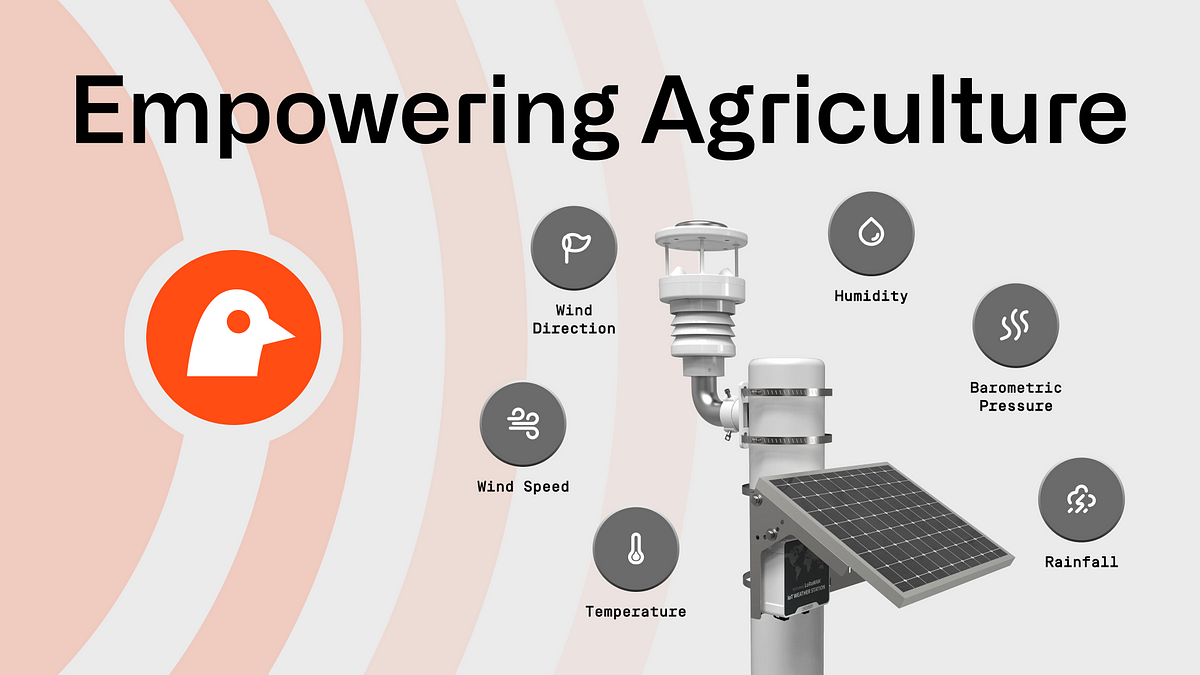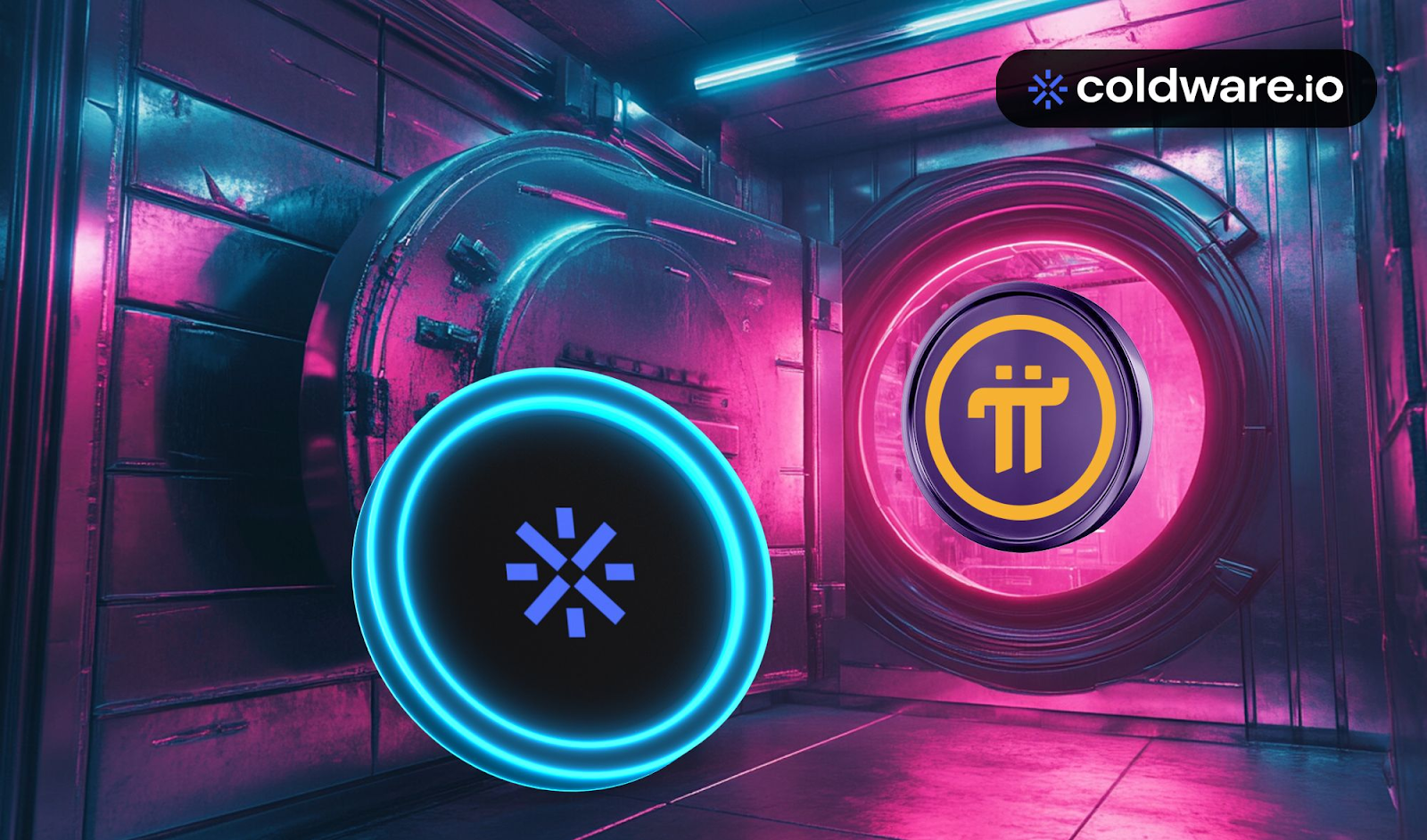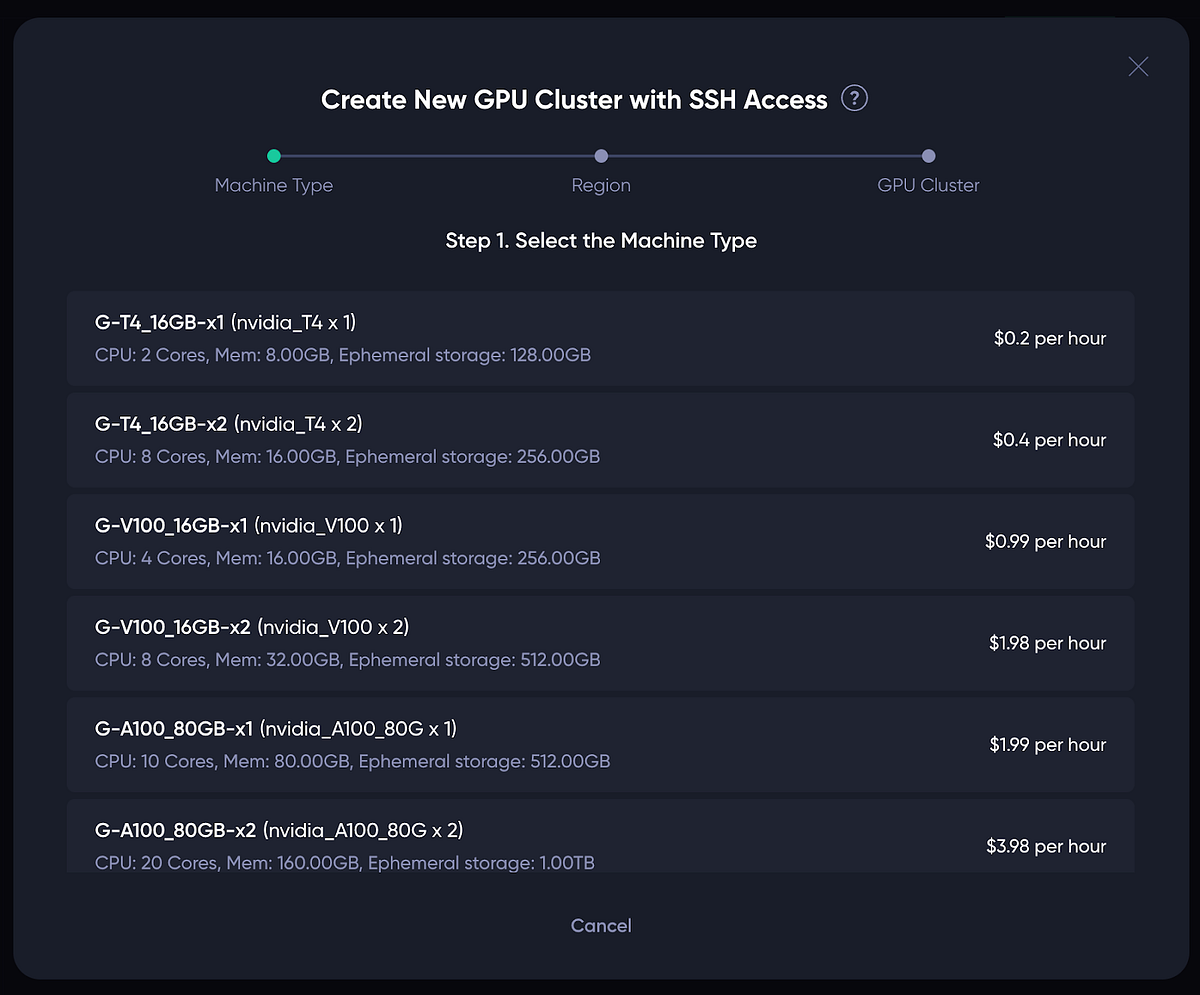Revolutionizing Agriculture with IoT Technology

The integration of IoT technology in agriculture is transforming the sector, allowing farmers to make informed, data-driven decisions that enhance productivity and sustainability. The global smart agriculture market is projected to reach $20 billion by 2026, driven by the increasing adoption of IoT solutions across farms. These technologies optimize various aspects of crop and livestock management, helping farmers reduce costs while improving yields and environmental stewardship. As IoT devices proliferate, they offer significant advantages, including automation of resource management and real-time data collection on critical factors such as weather and soil conditions.
IoT devices like weather stations and soil sensors play a pivotal role in smart agriculture. Weather stations provide essential data on temperature, humidity, and precipitation, enabling farmers to make timely adjustments to irrigation and planting schedules. Soil sensors deliver real-time insights into moisture levels, optimizing water use and fertilization strategies. Additionally, livestock monitoring collars ensure proactive management of animal health and location. By automating irrigation and resource distribution based on real-time data, farmers can conserve resources and enhance crop health, ultimately leading to increased profitability.
Chirp’s platform enhances the effectiveness of these IoT devices by integrating them into a cohesive system managed from a single dashboard. The incorporation of blockchain technology further strengthens data management, ensuring secure, tamper-proof storage and traceability of the vast amounts of information generated by IoT devices. Chirp’s Blackbird miners provide long-range connectivity for these devices, facilitating reliable data transmission over large areas without the need for individual internet connections. This seamless integration of IoT technology positions Chirp as a vital partner for farmers, empowering them to tackle challenges and capitalize on new opportunities in the evolving agricultural landscape.
Related News





